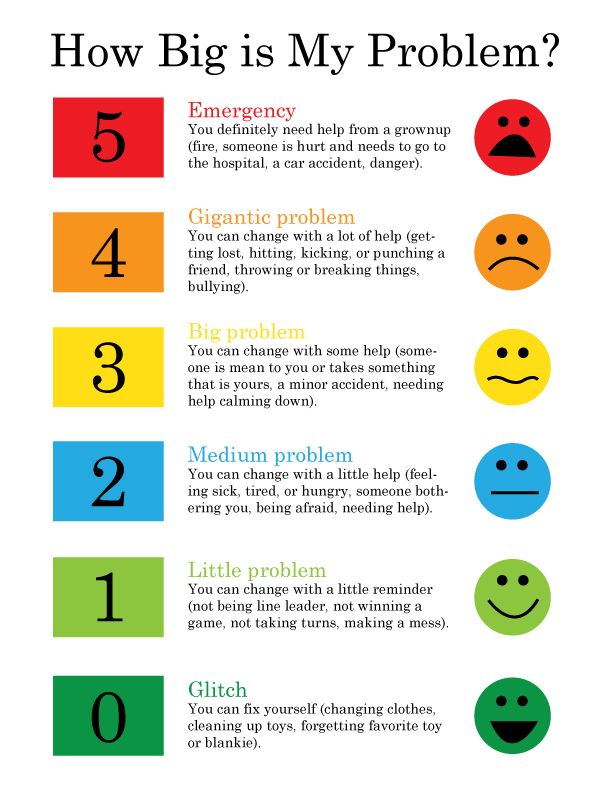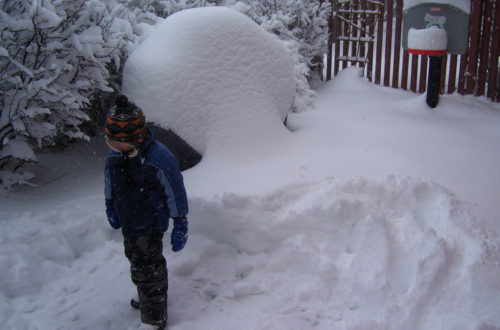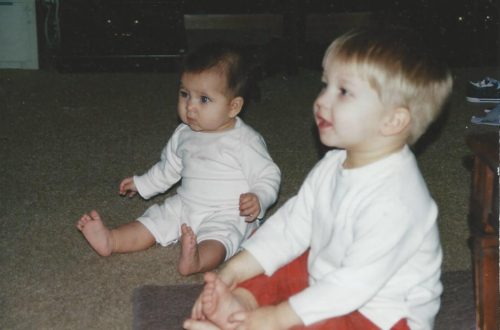
Let’s talk “neurotypical” stress
This time of year is a stressful time of year. And right now I’m not talking about autism stress.

Steve and I have been talking about the next few weeks and the things that are stressing us out. It’s funny. As “neurotypicals” I find that we talk about stress in a very different way than when we talk about J’s stress. We talk about it in the abstract. It’s something to dance around or endure. We use vague words like “busy” or “responsibilities” or “I’m just stressed out.”

And as a writer, I feel like I should know better. I should be using my words better, because when I describe and classify things in specific terms I can understand them better. When I say “I have a lot of appointments this week” or “I feel like I’m writing in circles with this chapter” I can understand my reaction to my triggers better and maybe even learn to handle my own stress and anxiety better. I should more be self aware and analyze my “greens, yellows, and reds” a lot better. Here are a few things I’ve been thinking about when it comes to my neurotpyical stress:
- The things that stress me out aren’t the same as the things that stress other people out. While talking with Steve this week, I discovered some things about both of us. There are tasks and responsibilities that Steve finds stressful that I don’t. And there are things that I find stressful that he doesn’t. For example? Steve loves having people over at our house. It stresses the crap out of me.
- Things that stress other people out may not seem like a big thing at all to me. Example? writing a paper, speaking, or performing in front of a large group of people. Other people may find these things stressful, but I really do enjoy those things. Sure, they’re work and they do cause my heart to race a little sometimes, but it’s not something I avoid at all costs.
- It helps to know my own limits. For the most part, I’m pretty good at identify the things that put me in a yellow or red zone. Unfortunately, I think I can–no should–be able to handle those things equally, which is a really unfair expectation. For example, as an introvert, spending a lot of one on one time (even people I’m friends with or love) is a very taxing experience for me (as in it’s something that drains my energy very quickly). J requires A LOT of one on one time and because I love him I push my threshold a little more than I usually do. But I still have my limits. I, like J, am totally capable of a mental meltdown too.
- Some of my stress triggers have emotional root or psychological roots. That example of people coming over to my house? When I start to think about it a little more, I understand why I get so stressed out about it. Yes, cleaning my house (and possibly cooking) is extra work and “stressful.” But what is stressing me out on top of that? My introvert roots. Once I figured that out, I started understanding why this is such a stressful trigger for me. What can I do about it? Make sure my house is clean a couple of days beforehand, cook/prepare beforehand so I can focus my energy on giving my attention to the people who come over. Or better yet? Plan a lunch date where I don’t have to add stress by making sure I’ve got something great to eat and my place is spotless. It’s not an impossible task, just one I need to plan for (and not do when there’s yellow or red stressors going on).
- Be prepared to drop something or pass it to someone else. A red-level stressful task may mean having to drop another stressful task later down the road. Sometimes I might have to cancel an appointment, or put a pause on a project. Sometimes I might ask Steve to take my part of the J load and responsibility for a little bit.
- Timing is everything. Some things are just better to plan for later. A busy extra might end up being too much for the present moment. Example? We’ve consulted with an orthodontist to get Invisaline for J’s teeth. We’ve been even “practicing” with a custom retainer so he can get used to the sensory business that comes with the Invisaline process. We were talking with the ortho on maybe starting the process in February, but this week I was thinking, “Is that the best time for this right now? When track season is starting up an we’re in the middle of visual therapy and he’ll have to learn how to take out his appliance at lunch….” Maybe instead we should start in the summer. Where we can help him through the process of working with his appliance throughout the day, at home, instead of throwing another stressor into his school day (since that’s already a stressful place for him).
It’s funny how I’m pretty quick to recognize J’s stress and emotional challenges and label them as an “autism problem” but never stop to think that maybe I’ve got my own version of stress and emotional challenges that just manifest themselves in different ways. So I’ve decided I’m going to try 3 things to help make it through the rest of the season: embraces stress, plan for stress, and label my stress in a way where I can respond to it better.
Wish me luck!




